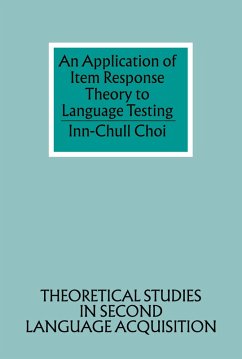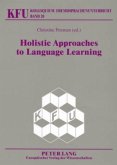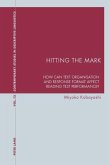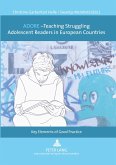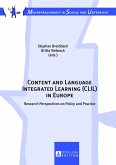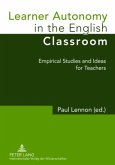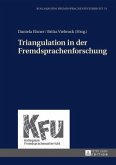This book explores the appropriateness of Item Response Theory (IRT) in language testing. It investigates the dimensionality of the reading tests of the Cambridge First Certificate of English Test (FCE) and the Test of English as a Foreign Language (TOEFL), and the relative fit of 1, 2, 3 parameter IRT models in which the Rasch model is closely examined. Finding that the Rasch model fails to provide an adequate fit for the data, the study recommends that its predominant use in language testing be re-evaluated. Moreover, the 2 and 3 parameter models fit the data much better than the Rasch model. Finally, it shows that moderate departures from unidimensionality do not necessarily lead to an unacceptable model fit, nor does the use of IRT in test development guarantee that the unidimensionality assumption will be satisfied.
"Item Response Theory (IRT) offers many potential advantages to test developers and consequently is being used increasingly in language testing, not only by researchers but also by practitioners. However, as use has increased, so has the potential for misuse, as the effects of violating IRT assumptions are still not well understood. Choi's research thus marks an important milestone in language testing, as it is the first study to systematically examine empirically the relative appropriateness of three widely-used IRT models to language proficiency tests. His findigs have important implications for both language testing researchers and for practitioners who may want to utilize IRT in test development." (Lyle, F. Fachmann, University of California, Los Angeles)

